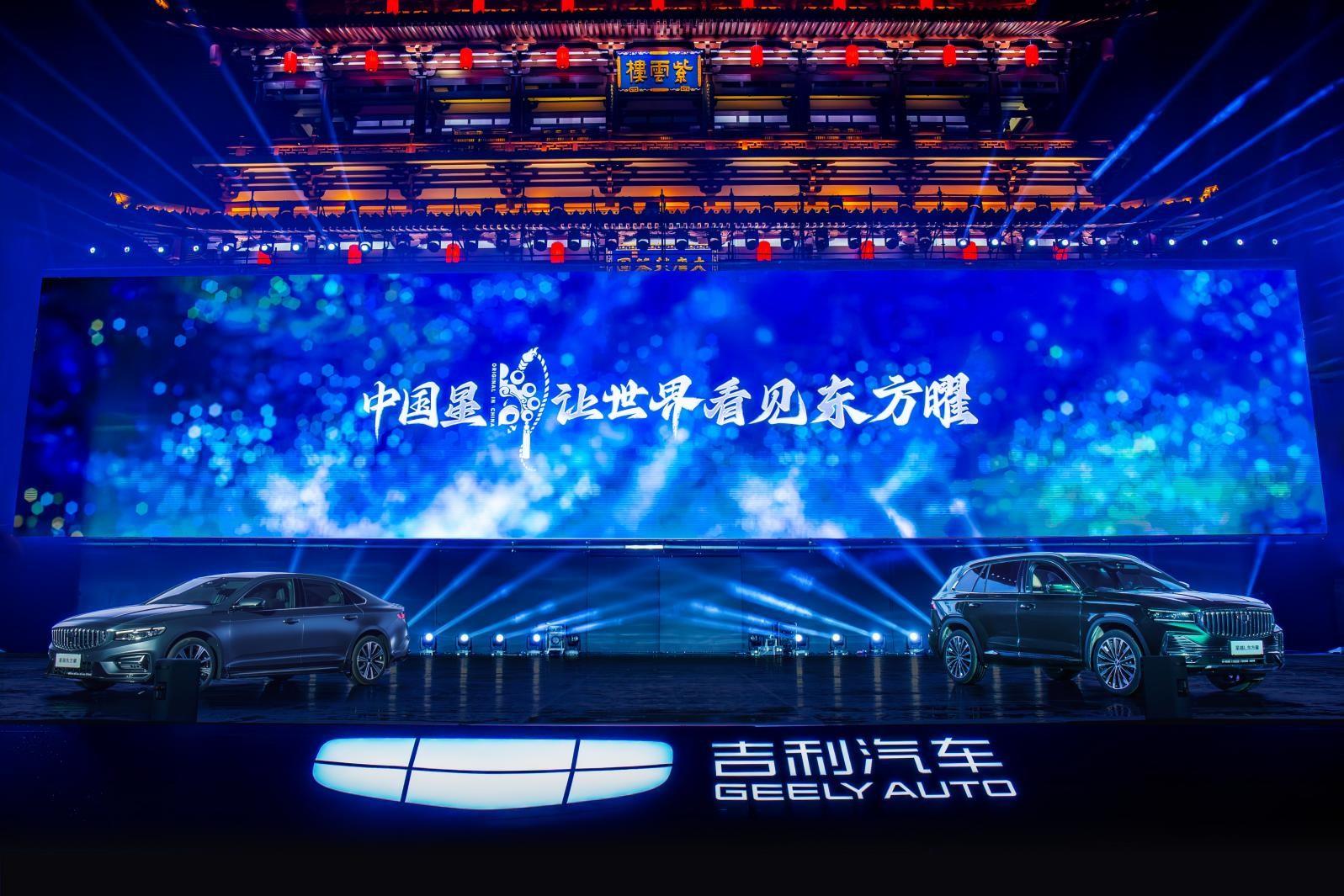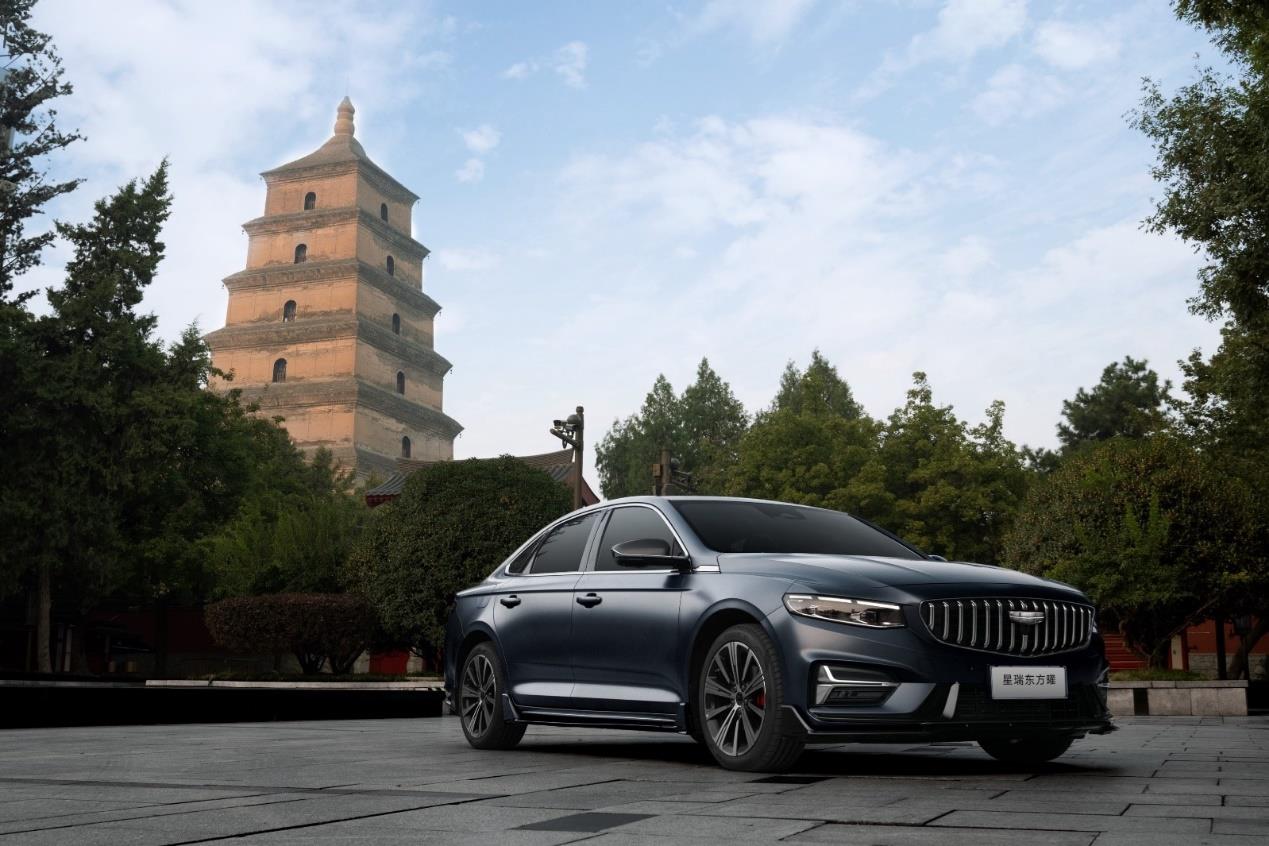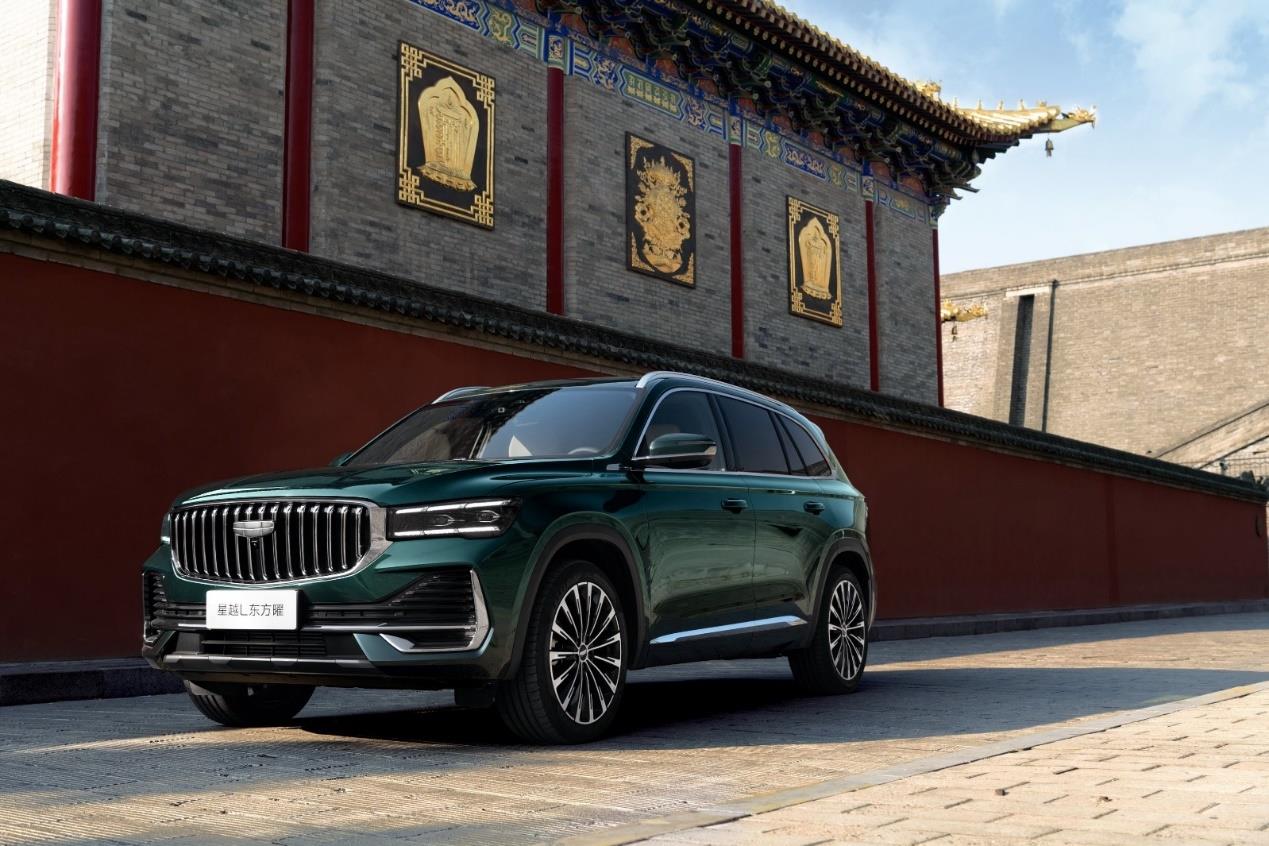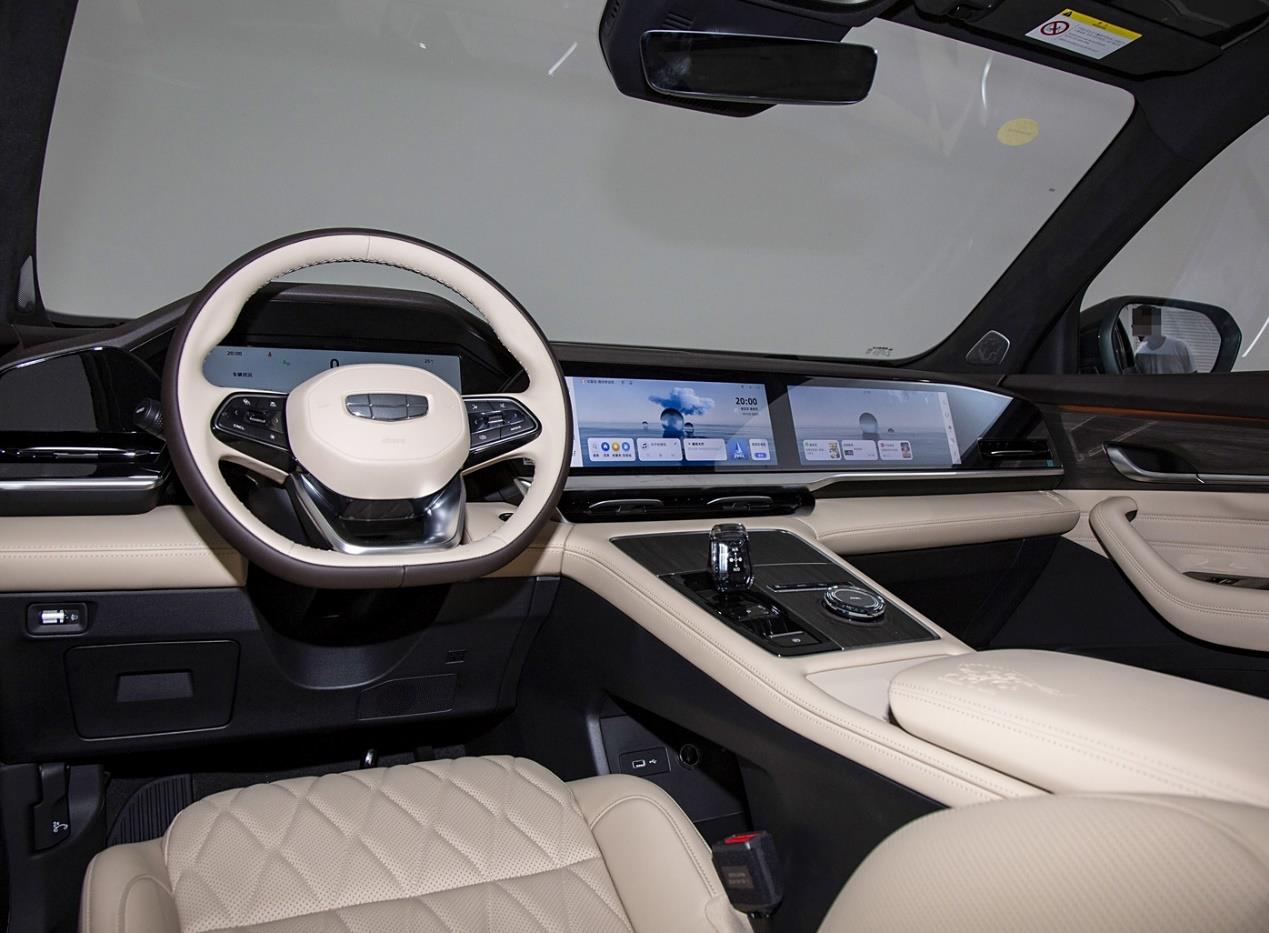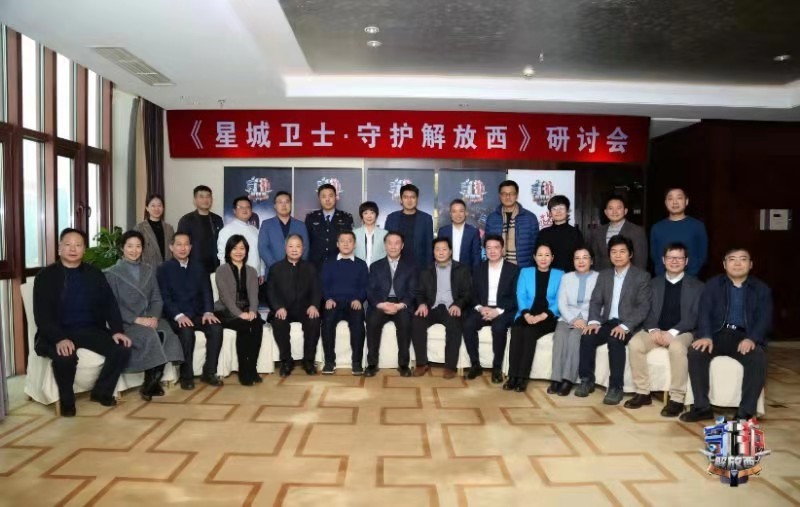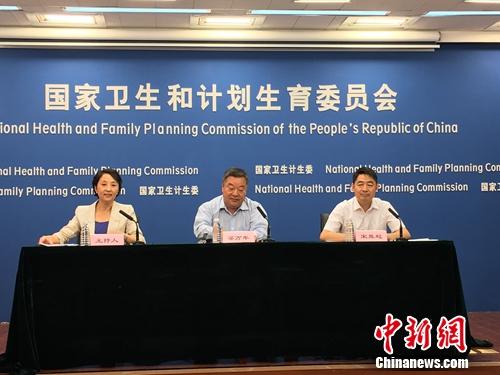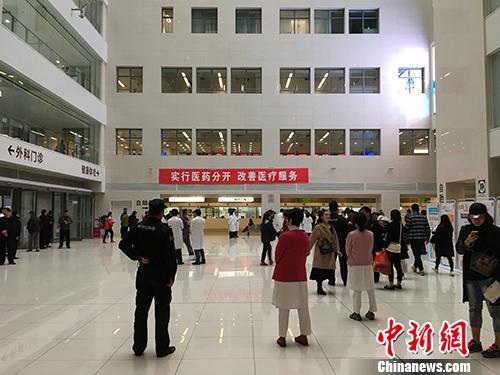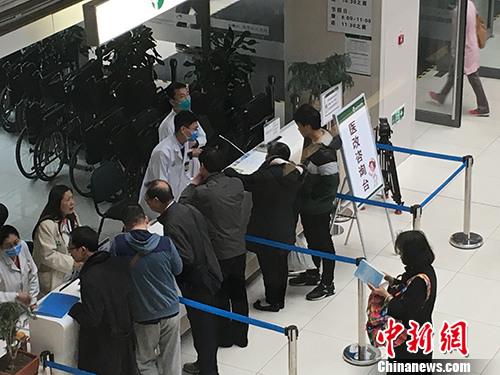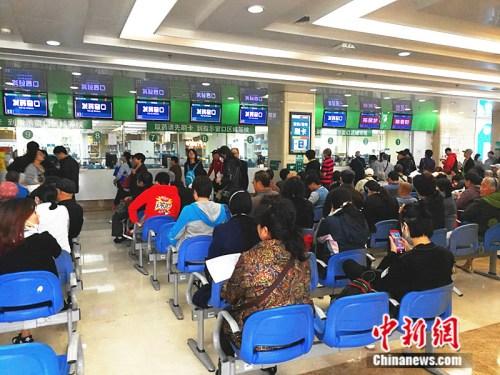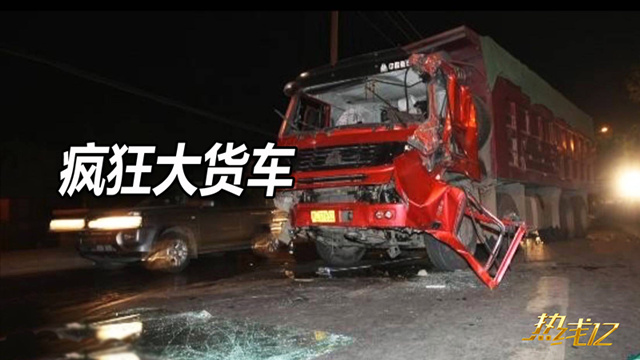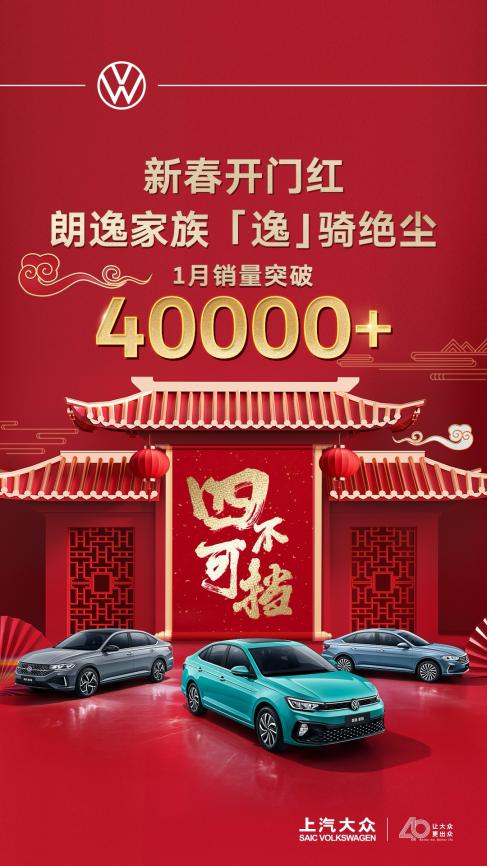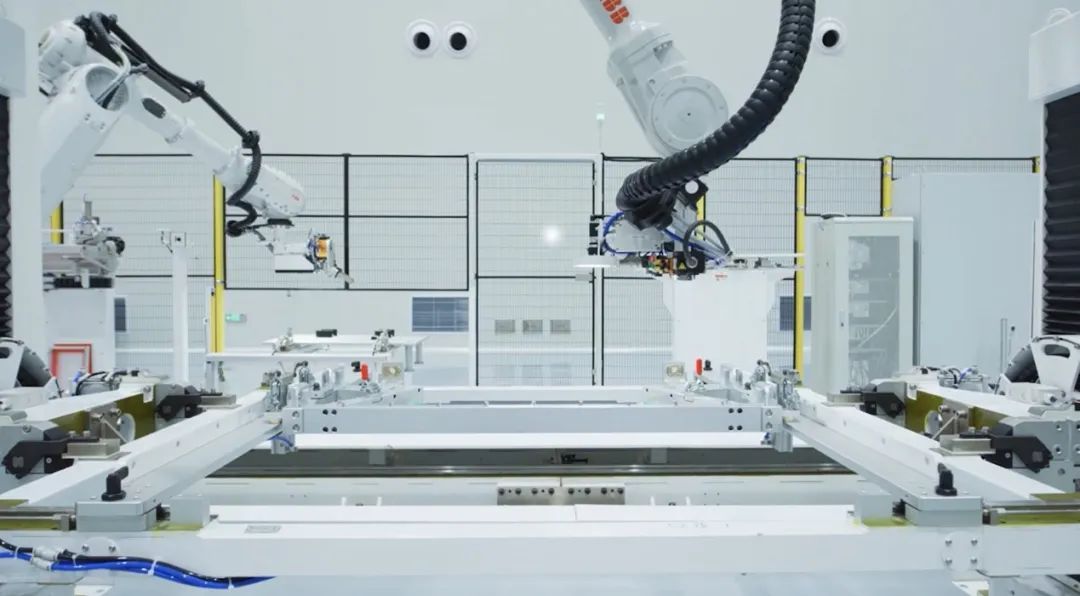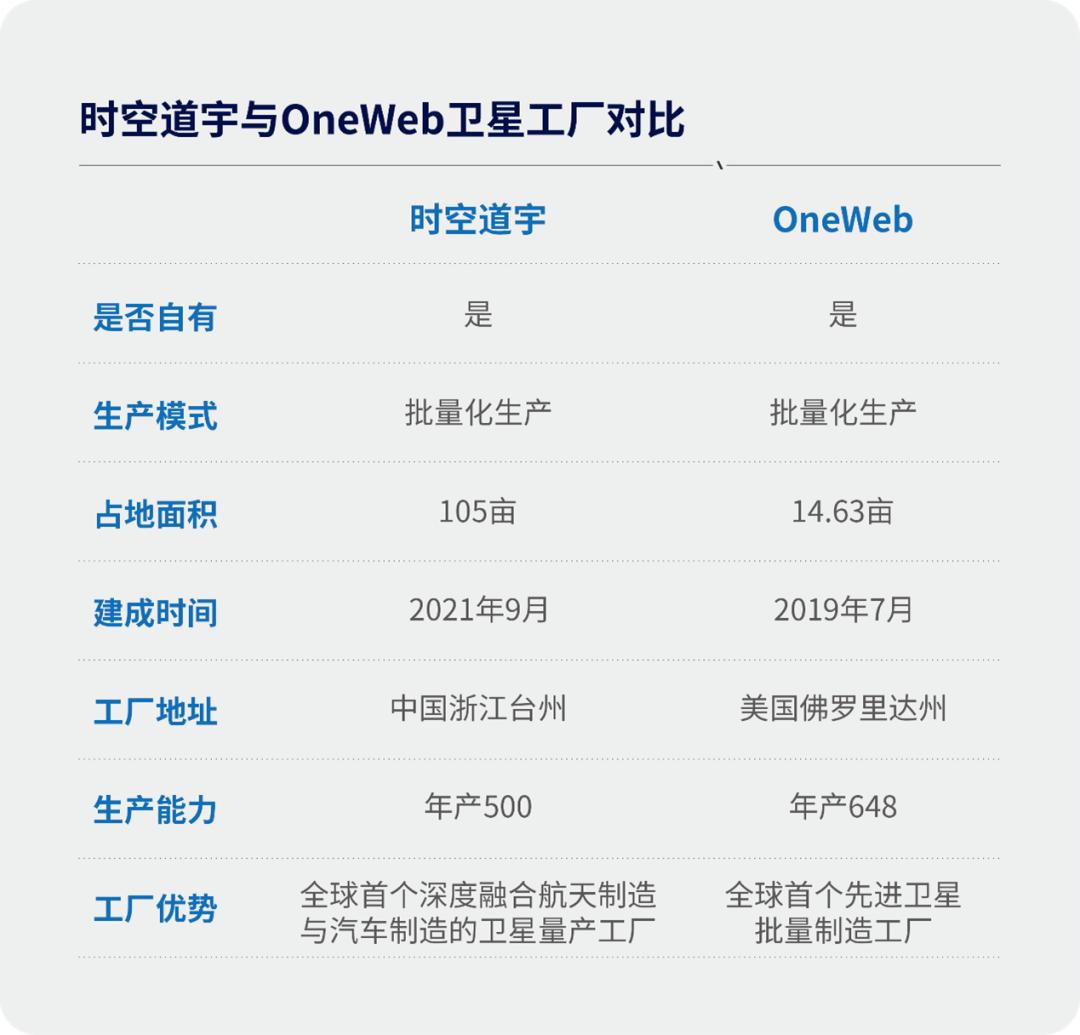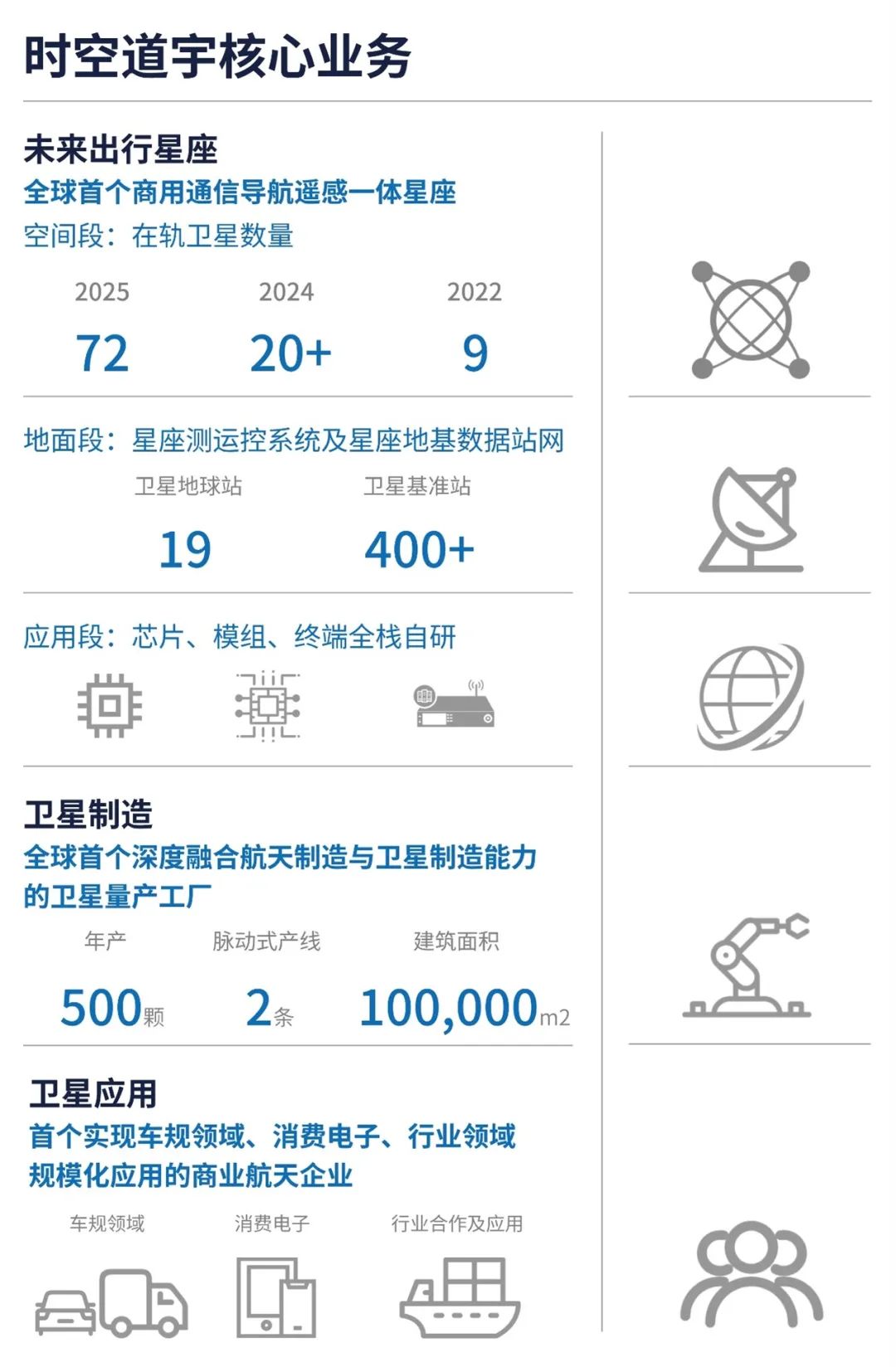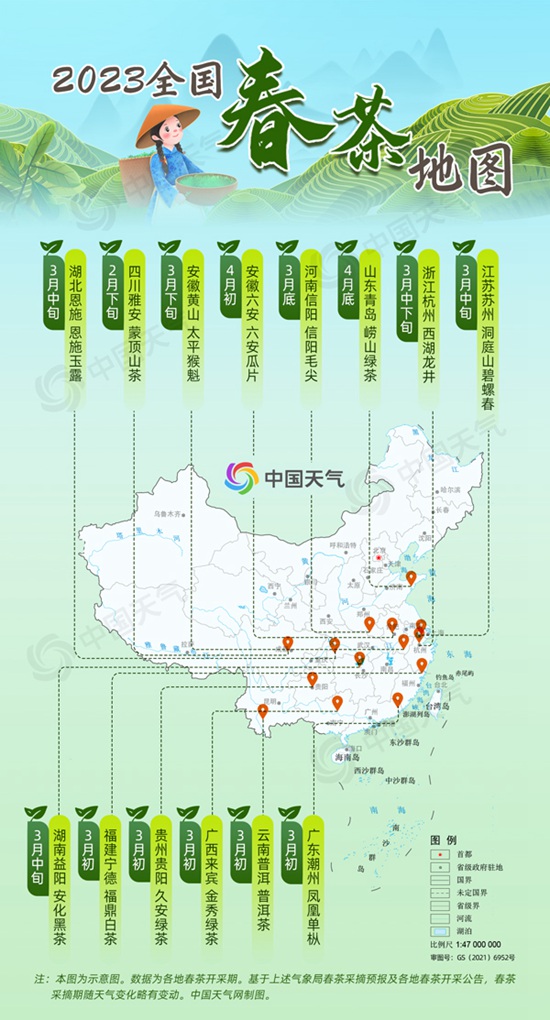
Finishing | Xie Xuan
Editor | Fang Yu
Part.1
staggerer
China Consumers Association released 618 Consumer Rights Protection Report: Xiaomi and Oriental Selection were named.
China Consumers Association released the "618" public opinion analysis report on consumer rights protection. Typical cases in the report include: Xiaomi TV was exposed twice and the screen automatically fell off; Individual outlets of Extreme Rabbit Express were exposed to arrears of courier wages, resulting in a large backlog of express delivery; Shentong courier refused to send cat litter to the door; Midea’s many home appliances were exposed to price increases and then discounted; Oriental selection faces quality control questions. (Zhongxin. com)
Naixue’s Tea launched the activity of "Drinking Tea and Sending Virtual Stocks"
Naixue Tea announced the first anniversary of its listing. From June 30th, every time you spend 1 yuan, you can get one Naixue coin. Users can use Naixue coin to buy/sell virtual stocks and become virtual shareholders. They can also use Naixue coin to exchange gifts in Naixue coin Mall. In addition, every 30 virtual stocks can be exchanged for 3 yuan vouchers. (SSE)
The national itinerary card "stars", the search volume of train tickets soared.
On the 29th, according to the website of the Ministry of Industry and Information Technology, the "asterisk" mark on the communication itinerary card will be cancelled from now on. The data of Qunar platform shows that the instantaneous search volume of international air tickets on the platform has doubled half an hour after the news was released, reaching the highest peak of international air ticket search volume on the platform in the past two years. The search volume of platform air tickets increased by 60% within 30 minutes, the search volume of hotels doubled, and the search volume of train tickets increased by up to 1.5 times. (The Paper)
68-year-old Jackie Chan’s first live broadcast won 320 million praises.
At 8: 00 pm on June 25th, Jackie Chan made his global live broadcast debut in Aauto Quicker. Jackie Chan is an internationally renowned movie star. This is his first personal live broadcast in 60 years, and it is also the first live broadcast since he opened his Aauto Quicker account last October. Stars have become the focus of competition for major short video platforms. (Time Weekly)
Stop production of ice pier
According to the franchise agreement between BOCOG and the licensed manufacturers, all kinds of licensed products for the 2022 Beijing Winter Olympics, including Bingdundun dolls, will be stopped from July 1st. (Beijing Daily)
Dong Yuhui, the anchor of New Oriental, was registered as a trademark.
According to official website of China National Intellectual Property Administration Trademark Office, the trademark "Dong Yuhui" was recently registered by Shanghai Borunteng Industrial Co., Ltd. and natural person Chu Kekun. The international classification includes coffee, tea, rice flour, chocolate, cakes and sweets.
The case of micro-reading suing Li Ziqi Company will be held.
Tianyancha shows that Hangzhou Weinian Brand Management Co., Ltd. and Sichuan Ziqi Culture Communication Co., Ltd. have newly announced the opening of the court. The plaintiff is Hangzhou Weinian Brand Management Co., Ltd., and the case will be opened in Mianyang Intermediate People’s Court on July 4. (cover news)
Boss direct employment, full shipment and truck gang will resume new user registration from now on.
On the 29th, Manbang announced through the official Weibo that it would resume the registration of new users of "Yun Man" and "Truck Gang" with the consent of the Network Security Review Office. Boss direct employment was also announced on the same day, and new user registration will be resumed from now on. Both started to suspend the registration of new users in early July last year. (Late Finance)
Let’s start the class. The founder responded to the storm of unpaid wages: the individual has been in debt for more than 1 billion.
Fang Yechang, the founder of the class, sent an internal letter saying that he borrowed more than 1 billion yuan through personal credit loans, personal investment mortgages and personal asset mortgages; The total size of the team should be controlled within 1000 people; In the next three months, I can’t guarantee that all the salaries of my colleagues will be paid in full and on time, but I will ensure everyone’s basic life to the maximum extent. (Tech planet)
Xinjiang Maiquer was executed over 500 million yuan.
The two batches of pure milk propylene glycol produced by Maiquer Group Co., Ltd. were unqualified by sampling inspection in State Administration for Market Regulation. Maiquer announced that the two batches of products had been removed from the shelves and sealed, and a comprehensive sampling inspection was carried out. According to public information, Xinjiang Maiquer Group Co., Ltd., a wholly-owned subsidiary of Xinjiang Maiquer Group Co., Ltd., has information on the person to be executed, the final case, the consumption restriction order and the stock right freeze, and the total amount of execution exceeds 500 million yuan. (financial sector)
The doll "Flying Swallow on Horse" comes out of the circle with ugly and cute fire.
The wenchuang doll Ma Ta Fei Yan, which was designed by Gansu Museum based on the national treasure cultural relic "Tongbenma", was released from the circle. By June 29th, more than 10,000 people had paid for it, and all the dolls were sold out in stock. (The Paper)
MUJI sells electric bicycles in China.
MUJI and Sundiro Honda jointly launched the "Su -MS01 Electric Vehicle", which will be listed in China soon. The new products will be officially opened for pre-sale at 0: 00 on July 4th in the WeChat applet "MUJI Travel" and "Sundiro Honda JD.COM Official Flagship Store". The selling price will be announced on the day of pre-sale. (Pacific Auto)
Zhang Ting and his wife’s company were frozen about 950,000 property.
According to Tianyancha App, the court ruled to seal up and freeze the property of Shanghai Darway Trading Co., Ltd. worth more than RMB 949,600. The case involved was a contract dispute between the company and Desheng (Shanghai) Architectural Design Consulting Co., Ltd. Previously, Desheng Construction Company sued Darway Company for defaulting on the design fee of TST project. (CBN)
Viya’s husband company was fined 190,000 for violating the advertising law.
According to the website of Credit China, Qianxun (Hangzhou) Culture Media Co., Ltd. was fined 190,000 yuan for using words confused with drugs in food advertisements to express or imply the therapeutic effects of certain ingredients. (China Economic Net)
The National Network Information Office issued the Regulations on the Management of Internet User Account Information.
The "Regulations" clarify the norms for the registration and use of account information, the norms for the management of account information, and the relevant requirements for carrying out supervision and inspection and investigating legal responsibilities, and shall come into force on August 1, 2022. (Zhongxin. com)
Ministry of Culture and Tourism: "Script Killing" and other script entertainment places implement informative filing.
The Ministry of Culture and Tourism informed that the script entertainment business premises should, within 30 natural days from the date of operation, report the address of the business premises and the name, author, introduction and age range of the scripts used in the premises to the county-level cultural and tourism administrative department where the business premises are located through the national cultural market technical supervision and service platform for the record. (Securities Times)
Ministry of Transport: Forcibly persuading trucks to return for any reason.
In case of special circumstances, the health code of truck drivers and passengers is red, so measures should be taken on the spot according to the requirements of epidemic prevention and control, and the relevant trucks should be strictly disinfected to ensure the timely transfer of goods to their destinations. (cover news)
Yuanqi Forest is the "favorite" to buy apricot skin tea.
According to insiders, Yuanqi Forest completed the "favorite" acquisition of apricot skin tea. In a short period of two years, in the plant beverage camp of Yuanqi Forest, apart from the fiber tea featuring corn stigma, dried tangerine peel and other "medicines with the same origin" and ALMO, an Australian brand of almond milk, apricot peel tea, a special beverage in northwest China, was added. (Beijing News)
Liu Jingjing, the founder of Jiahe Yipin, invested in the establishment of a takeaway start-up platform
Liu Jingjing, the founder of Jiahe Yipin, invested to set up a take-away start-up platform "Maijian Take-out Optimization". According to the industrial and commercial information, the main company of "Maijian Takeaway Optimization" is Beijing Yixianglong Technology Development Co., Ltd., and Liu Jingjing has invested capital through its investment companies, with a shareholding ratio of over 37%. In addition, the shareholders of "Maijian Takeaway" also include Gong Zhenbing, the former CEO of Baidu Takeaway. (Sina Technology)
New progress in the battle for Red Bull: Thailand’s Supreme Court ruled that the resolution to remove the chairman of China Red Bull was valid.
This lawsuit originated in September 2016, when Thai Red Bull made a board resolution to remove Yan Bin from his position as director, chairman and legal representative of China Red Bull. Yan Bin immediately initiated a lawsuit in Thailand and applied to cancel this resolution. According to the data, according to the articles of association of China Red Bull, Thailand Red Bull, the major shareholder, has the right to appoint four directors to China Red Bull, and appoint one of them as the chairman and legal representative. (Finance and Economics)
VIP sparring was exposed to empty buildings.
Many parents said that the course purchased from VIP sparring at the head of the "online sparring" track was not finished, and the teacher left, so I don’t know how to recover the prepaid expenses. Lang Lang, the former spokesperson of VIP sparring, was also questioned, and Xiaoyin Coffee Group, the shareholder of VIP sparring, also issued a document saying that the company is currently in the process of rescuing itself. (21st century business herald)
The flight from Shanghai to Sanya was full, and the airline company changed to a big plane to help.
It is reported that Sanya has relaxed the epidemic prevention measures for Shanghai tourists, and the flights from Shanghai to Sanya have also picked up rapidly. There are no discounts on economy class fares of Shanghai-Sanya routes operated by many airlines, and some airlines have temporarily replaced models with larger passenger capacity. (fast technology)
The fuel surcharge for long-distance air tickets rose to 200 yuan.
A number of airlines will raise the fuel surcharge collection standard from 0: 00 on July 5. The new fuel charge standard for domestic routes is: RMB 100 yuan is charged for each passenger on the flight segment below 800 km (inclusive); For flights over 800 kilometers, each passenger will be charged RMB 200 yuan. (China Traffic News)
Condom giant’s sales have dropped by 40% in the past two years.
Affected by the epidemic, Kangle Company, the world’s largest condom manufacturer, said that the sales of condoms had dropped by 40% in the past two years, and it had to open up new production lines to produce gloves instead. The data shows that from 2020 to June 20 this year, more than 40,000 condom manufacturers in China cancelled, with an average annual cancellation of 17,300. (Red Star News)
Chow Tai Fook plans to buy Giordano.
Giordano recently announced that Chow Tai Fook Holdings, a subsidiary of Hong Kong Zheng Jiachun family, made an offer through Kaisheng Capital. Chow Tai Fook will acquire at a price of HK$ 1.88 per share, which is about 18.2% higher than the HK$ 1.59 per share before Giordano’s suspension. The total purchase offer involved a maximum amount of HK$ 2.56 billion (about RMB 2.182 billion). (Zaker)
Natural to stay statement: Guan Xiaotong has never participated in the operation.
Guan Xiaotong was brought to court by a franchisee for illegally opening a tea shop in natural to stay, and the case will be opened on July 8th. Natural to stay Catering Company said that Guan Xiaotong had never participated in the company’s operation and management, and he deeply apologized for the troubles caused to Guan Xiaotong. (beijing business today)
Part.2
Investment and financing/M&A
"Tengge Lane" completed multi-million yuan angel round financing.
Recently, Shenzhen Yimutian Catering Management Co., Ltd. (its brand Tengge Lane, hereinafter referred to as "Tengge Lane") announced that it has completed millions of angel round financing, mainly invested by individual investors in the upstream and downstream of the industrial chain. This round of financing will be used for product development and market launch. Tengge Lane is to innovate the product form of Jiangxi traditional food-Jiangxi mixed powder and crock soup through convenience technology, and restore the traditional food flavor of "Nanchang mixed powder+crock soup" through more than one year of research and development.
The "Wine Star Project" received millions of dollars in seed round financing.
Recently, the "Jiuxing Plan" of the chain liquor-making house has completed several million yuan of seed round financing, and this round of financing is funded by angel investors. This round of financing will be used for product R&D investment, digital upgrade and market expansion.
Founded in 2022, Jiuxing Project takes the community store as the incision, the scene store in the business circle as the brand communication window, and radiates the young urban groups between the ages of 18 and 35 nearby. It is a fashionable social pub that focuses on drinking and brewing, and is positioned as "the third social space under the Z generation".
"Gravity Planet" completed tens of millions of yuan of pre-A financing, and Baojiehui Innovation Fund led the investment.
Recently, the creative new consumer electronics brand "Gravity Planet" announced the completion of tens of millions of yuan of pre-A financing. This round was led by Baojiehui Innovation Fund, followed by Shuxin Capital, and Xinghan Capital served as the exclusive financial advisor. Founded in 2019, Gravity Planet is a creative new consumer electronics brand focusing on the future sci-fi style.
"Jimei" completed 10 million yuan angel round financing, and Hongxi Venture Capital invested exclusively.
Recently, the beauty evaluation platform "Ji Xiaomei" has completed 10 million yuan angel round financing, and this round is exclusively invested by Hongxi Venture Capital. The funds obtained from this round of financing are expected to be mainly used for technology research and development, operation team expansion and marketing.
"Meat squad leader" received two rounds of over 10 million financing in half a year.
The meat product brand "Meat Squad Leader" received two rounds of financing, namely Angel Round and Angel+Round, which were led by Pullman Capital and a war investor respectively, followed by Yisan Capital, Wei Hunting Capital and Sanqi Tiansheng Investment, with a financing amount of tens of millions of yuan.
"Le Yaoju" received another round of financing of nearly 100 million yuan, and Liangrun Fund invested exclusively.
Xiamen Chenji Leyaoju Food Co., Ltd. (hereinafter referred to as "Leyaoju") has recently officially completed a round of financing of nearly 100 million yuan. This round of financing was exclusively invested by Liangrun Fund jointly established by two central enterprises, COFCO and China Resources Group. The funds obtained in this round will be mainly invested in personnel training and reserve, automatic transformation of production equipment, promotion of enterprise digital informationization, brand marketing and promotion, etc., so as to further consolidate the advantages of Leyao in the field of high-end quick-frozen rice and flour products and lay a solid foundation for future growth.
Part.3
IPO/ listed company
"Spicy Brother" Wei Long passed the hearing of the Hong Kong Stock Exchange
Wei Long has passed the listing hearing, with Morgan Stanley, CICC and UBS Group AG as co-sponsors, the HKEx reported on the 27th. According to calculation, in 2021, Wei Long’s net profit will increase by only 0.98%. According to Jost Sullivan’s report, Weilong ranked first in the spicy snack food market in China with a market share of 6.2%. (Zhongxin Jingwei)
Soul submits listing application to HKEx.
According to HKEx documents, Soul, a social platform, submitted a listing application to HKEx. According to the prospectus, in 2021, the number of monthly active users and daily active users of Soul were 31.6 million and 9.3 million respectively, increasing by 51.6% and 55.8% respectively. (Tech planet)
The highest selling price of famous products listed in Hong Kong is HK$ 22.1 per share.
According to the documents of the Hong Kong Stock Exchange, the famous and excellent products plan to sell 41 million shares worldwide through the Hong Kong IPO. The company’s offering price per share does not exceed HK$ 22.1, and it is expected to be listed on the Hong Kong Stock Exchange on July 13th. (Cailian)
Reading Lang opens the IPO
Shu Shulang announced that the company will issue shares from June 29 to July 5, and plans to issue 52 million shares worldwide. The IPO price in Hong Kong is HK$ 7.6-10 per share. The company plans to raise about HK$ 425.5 million through Hong Kong IPO, and it is expected to land on the Hong Kong Stock Exchange on July 12th. (Zhitong Finance)
Part.4
e-commerce
Zhang opened the first session to bring goods and introduce local agricultural products.
On the afternoon of 25th, Tik Tok Sannong creator @ Zhang started the first e-commerce to bring goods, and launched more than 20 agricultural specialties such as rice, soy sauce and Undaria pinnatifida in Yingkou, Liaoning Province in the live broadcast room to help the sales of agricultural goods in his hometown. Five minutes after the broadcast, the number of online people in the live broadcast room exceeded 100 thousand. The data shows that in the three-hour live broadcast, Zhang sold a total of 91,000 agricultural products. (Beijing News)
JD.COM announced the third round of cooperation with Tencent, and WeChat continued to provide traffic support for JD.COM.
JD.COM Group announced that it has renewed its strategic cooperation agreement with Tencent for three years. Tencent will continue to provide significant first-level and second-level access to JD.COM on its WeChat platform, and provide traffic support. The value of the cooperation is expected to be paid or put in the form of cash and JD.COM shares in the next three years. (The Paper)
New Oriental Incoming Gehu Beauty Cosmetics
Oriental Selection launched a new account "Beauty Care of Oriental Selection" in Tik Tok, and the content has not been released yet. At present, the proportion of beauty categories in the selection of live broadcast rooms in the East is only 5%, and the total sales since the launch is about 10 million yuan. The launch of this account also highlights the ambition of New Oriental to make great efforts in the field of personal beauty care. (CBN)
Meituan responded to the hotel owner’s text message harassing female guests, and the hotel involved was offline.
A female guest said that she was harassed by the hotel owner and threatened with a knife by placing an order through the US Mission. After mediation by the police, the boss compensated the woman for 2,500 yuan for reconciliation, and the woman hoped to re-investigate. The US Mission responded that the store was offline on the platform. (Sina Technology)
Tik Tok Life Service provides the Shanghai merchants with the policy of "two reductions, one excellence and one support".
From now until July 30th, Tik Tok Life Service will launch a plan to help businesses and benefit the people in Shanghai, and provide businesses with the policy of "two reductions, one excellence and one assistance": reducing online store opening fees, reducing commission during activities, optimizing operation positions by special personnel, and supporting platform traffic resources. (whipping ox)
Pinduoduo has launched a computer web version, and there is no "cutting a knife" function for the time being.
Pinduoduo has launched a computer-based web version of "Pinduoduo Discount Mall". The webpage version of the mall has a very simple interface, and there are no various activities like Pinduoduo App, and it is impossible to buy a group. You need to log in with your mobile phone number. (IT house)
Network anchor Fan Sifeng was fined 6.495 million for tax evasion.
According to State Taxation Administration of The People’s Republic of China news, the Inspection Bureau of Xiamen Taxation Bureau found that Fan Sifeng, the network anchor, was suspected of tax evasion through the analysis of tax big data. According to the relevant laws and regulations, Fan Sifeng was fined 6.495 million yuan for tax recovery, late fees and fines. (Securities Times)
This article is original for the entrepreneurial state and may not be reproduced without authorization, otherwise the entrepreneurial state will reserve the right to pursue legal responsibility against it. If you need to reprint or have any questions, please contact editor@cyzone.cn.


